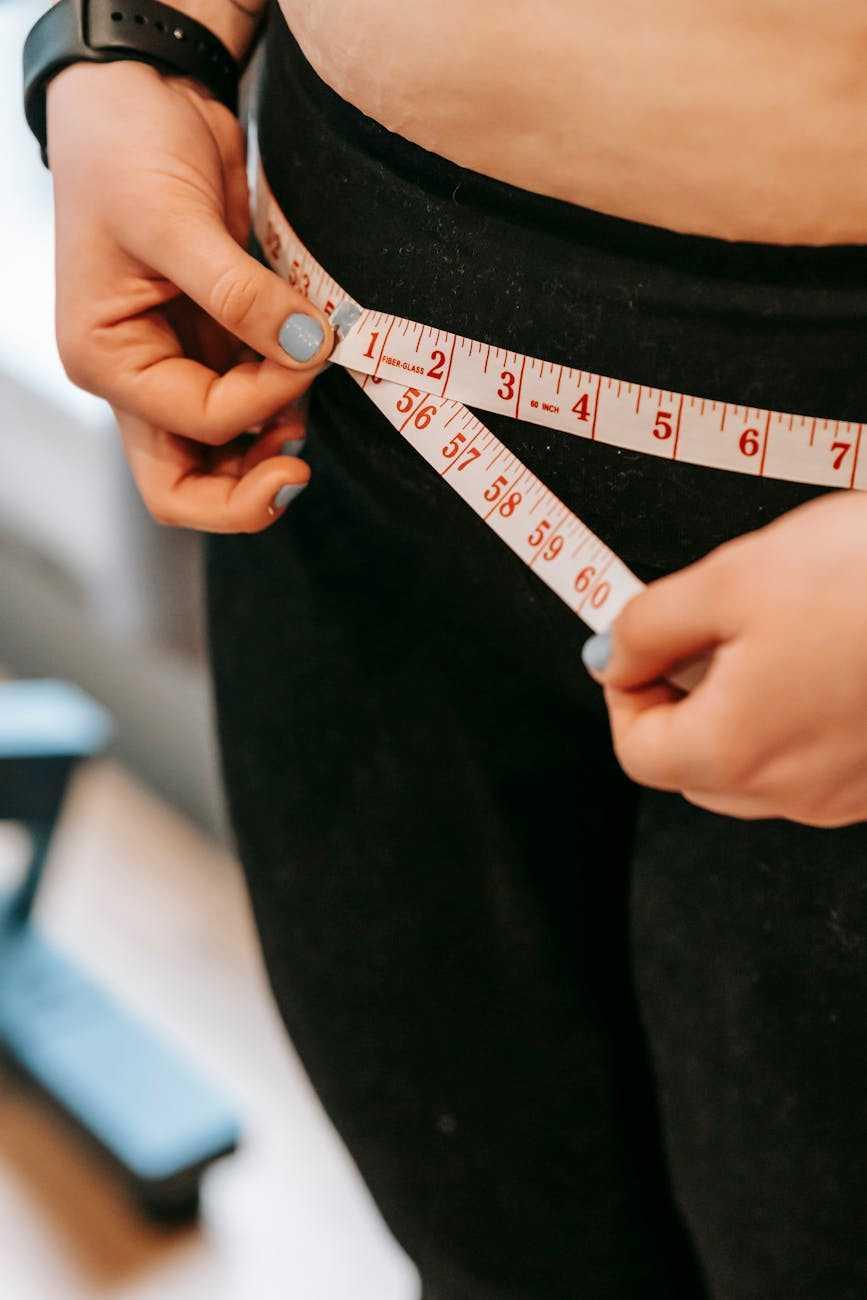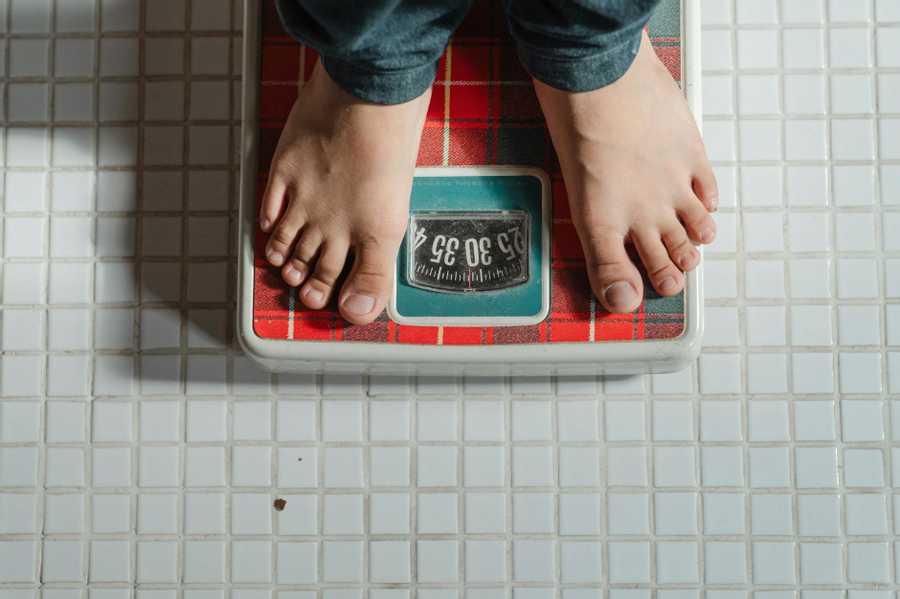Explore the World's Best Ideas
Join today and uncover 100+ curated journeys from 50+ topics. Unlock access to our mobile app with extensive features.
Weight Loss: The Primary Goal
In 2021, half of all New Year's resolutions in the U.S. were based on fitness and nearly half were based on weight loss. We spend over $30 billion on diet products annually and an estimated 45 million Americans diet every year.
4
89 reads
Diet Culture: What It Is
Diet culture is that collective set of social expectations telling us that there's one way to be and one way to look and one way to eat and that we are a better person, or a more worthy person if our bodies are a certain way.
Despite all of the medical and media messaging shouting otherwise, thinness and health are not the same, and fatness does not necessarily equate to being unhealthy.
4
69 reads
BMI Is All Hogwash
The BMI(Body Mass Index) standard was never meant to measure individual health and, again, was based purely on studies of white men.
Yet despite its many flaws, the BMI is our go-to measure of health for all genders and body types
4
27 reads
Thinking Beyond Weight
Access to fruits and vegetables, access to lean proteins, living in walkable neighborhoods is as important as your weight statistics.
Our experts say you have the right to say no to getting weighed at the doctor's office. If your doctor gives you a weight-based recommendation, don't be afraid to advocate yourself or ask what advice they might have for someone at a different BMI.
4
25 reads
Beauty Standards Are Not Absolute
Moving your body and eating nutrient-rich food are always a good idea, but it's important to understand how much we're motivated by our culturally accepted aesthetics. Diet culture purports that every fat person is a thin person waiting to be released and that we should fear fatness.
4
21 reads
Shunning Weight Stigma: The Right To Be Fat
Fatphobia is harmful fiction.
- You have the right to exist exactly as you are. You have the right to be fat.
- In a society where thinness equals beauty, this can sound like a really subversive idea. But it's not universally so.
In addition to causing perhaps more obvious conditions like anxiety and depression, studies show that experiences of or expectations for poor treatment due to weight stigma may cause stress and avoidance of care for things like sexual health, cancer screenings or other preventative care. That is diet culture at work.
4
17 reads
Examining Fatophobia: Level 1
Think about how diet culture makes you feel about yourself when you look in the mirror or when you're scrolling social media.
Ask yourself:
- What is causing me to feel this way about my body right now?
- Is my body that different from what it was yesterday?
- What external factors are impacting my feelings?
- What choice do I have in terms of how much I want to respond to them?
4
17 reads
Examining Fatophobia: Level 2
The second level is interpersonal: How other people treat us. To spot diet culture in this realm, listen for value judgments of food or bodies.
That could look like judgment at the gym, being lauded for avoiding some "guilty pleasure" dessert or that storyline on TV when the hero loses weight and suddenly gains popularity and acceptance.
4
12 reads
Examining Fatophobia: Level 3
This level is institutional, and is the ease in which you can or cannot navigate society because of your looks.
Weight discrimination is legal in 49 of 50 states and is commonplace from education to health care to the workplace.
Diet culture creates barriers to access for fat people everywhere. For example, you might consider basic accommodations like chairs or doorways or seat belts as value neutral, but that only shows us how much diet culture has influenced the design of our world.
4
11 reads
Your Words Matter
Commenting on another person's body can be a dangerous game — you never know what someone is going through in their life or with their health — so avoid body talk as best you can.
If you want to compliment someone, it's always nice to focus on something that a person has done intentionally.
4
12 reads
Intuitive Eating
When we turn off diet culture, food is just food and eating is no longer a soap opera. Intuitive eating is the practice that can get you there.
Our bodies are wired to know how to eat and to know how to respond to our needs.
Intuitive eating is learning to trust our bodies. It's prioritizing body knowledge over the external rules like calorie counting and portion sizes and all those things.
4
12 reads
Befriending Your Body
A positive relationship with your body requires the same amount of work as any other relationship in your life: Take time to listen, pay attention to its needs and provide it with compassion.
Prioritize rest and listen to your body's cues, whether that's 'I'm craving something sweet' or 'I think I've had enough food'.
4
11 reads
Disengage From Diet Culture
Let's say you spend just five minutes a day worrying about food or your body or your weight (and, living in the U.S., that's probably a conservative estimate) – that's 30 full hours a year dedicated to self-hatred. Why not disengage from this habit?
So many people will be freer and have more time and energy and money to invest in things that maybe really give them more joy and satisfaction.
4
16 reads
IDEAS CURATED BY
CURATOR'S NOTE
Diet Culture and weight loss; The reality
“
Brian 's ideas are part of this journey:
Learn more about food with this collection
Understanding the psychological rewards of bad habits
Creating new habits to replace old ones
Developing self-discipline
Related collections
Similar ideas
4 ideas
What Is Diet Culture?
verywellfit.com
9 ideas
Can a DNA Test Really Help You Lose Weight?
vitals.lifehacker.com
3 ideas
What is the Fast 800 diet?
bbcgoodfood.com
Read & Learn
20x Faster
without
deepstash
with
deepstash
with
deepstash
Personalized microlearning
—
100+ Learning Journeys
—
Access to 200,000+ ideas
—
Access to the mobile app
—
Unlimited idea saving
—
—
Unlimited history
—
—
Unlimited listening to ideas
—
—
Downloading & offline access
—
—
Supercharge your mind with one idea per day
Enter your email and spend 1 minute every day to learn something new.
I agree to receive email updates










